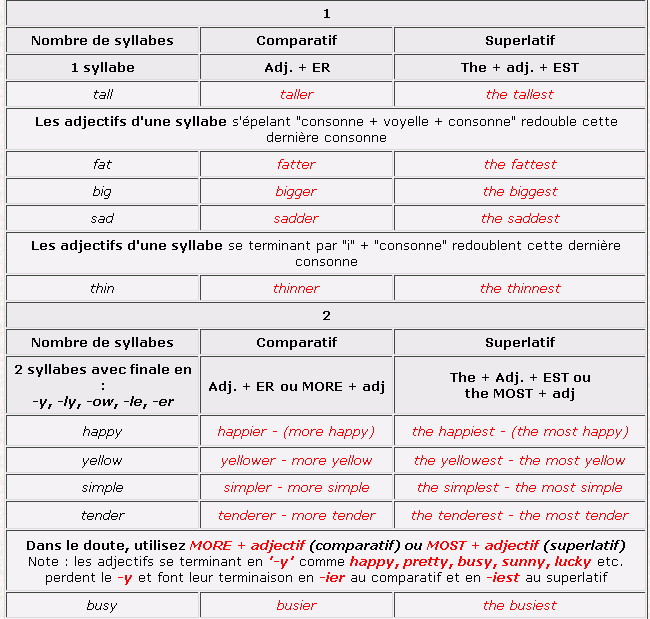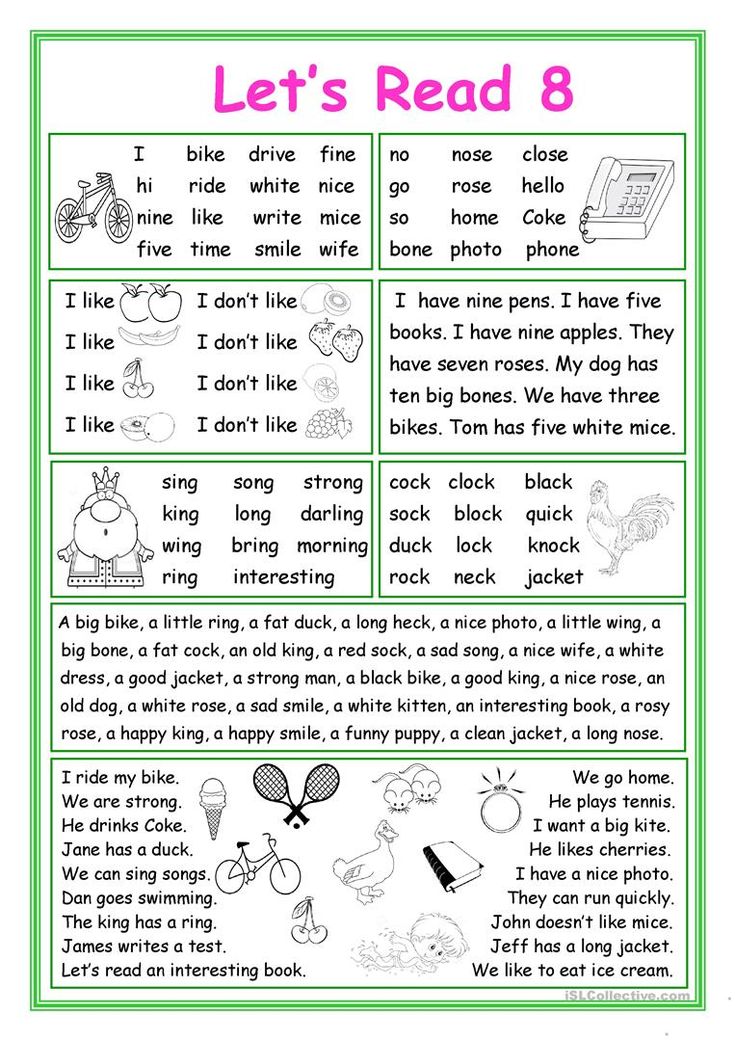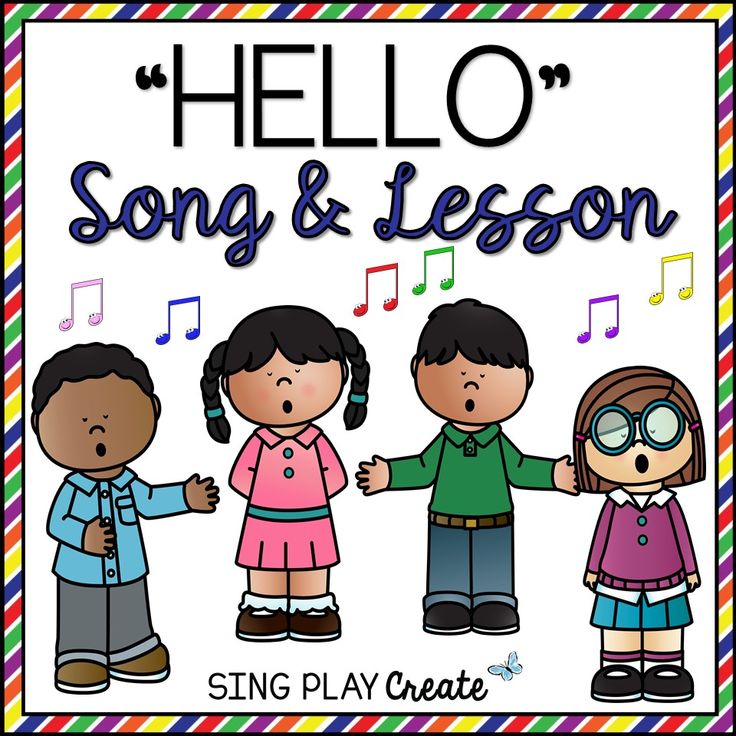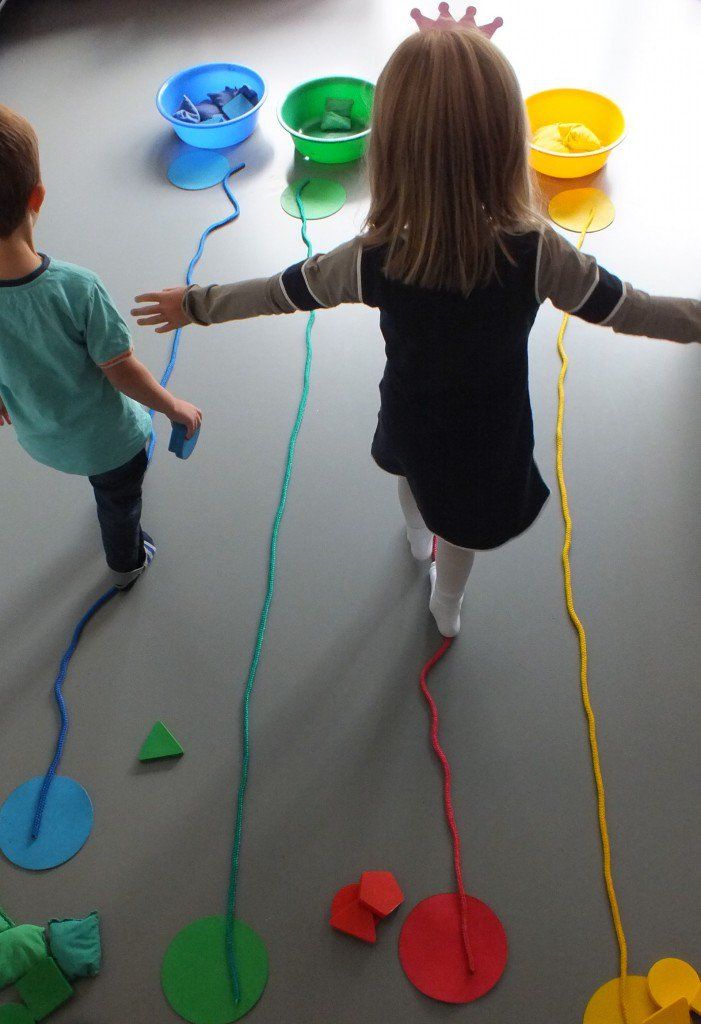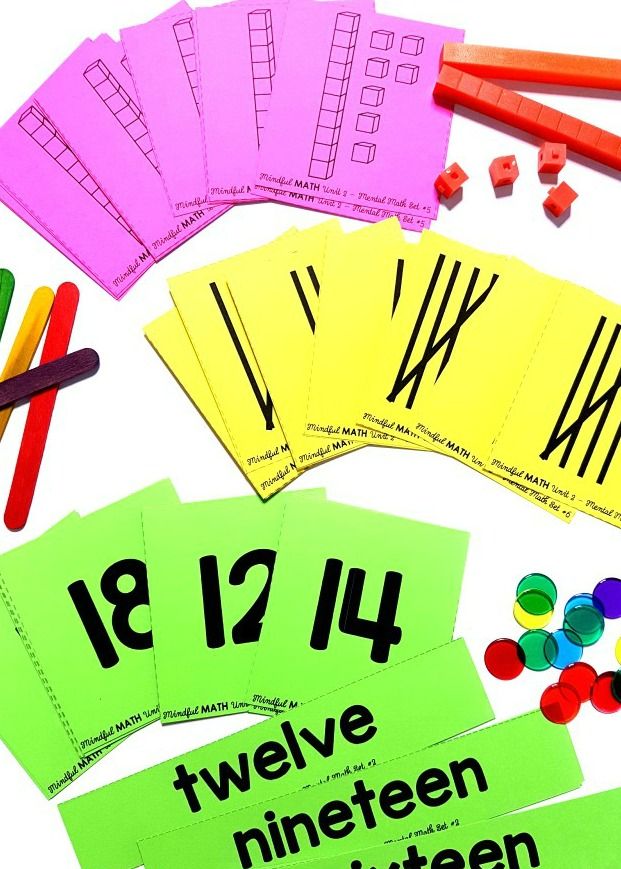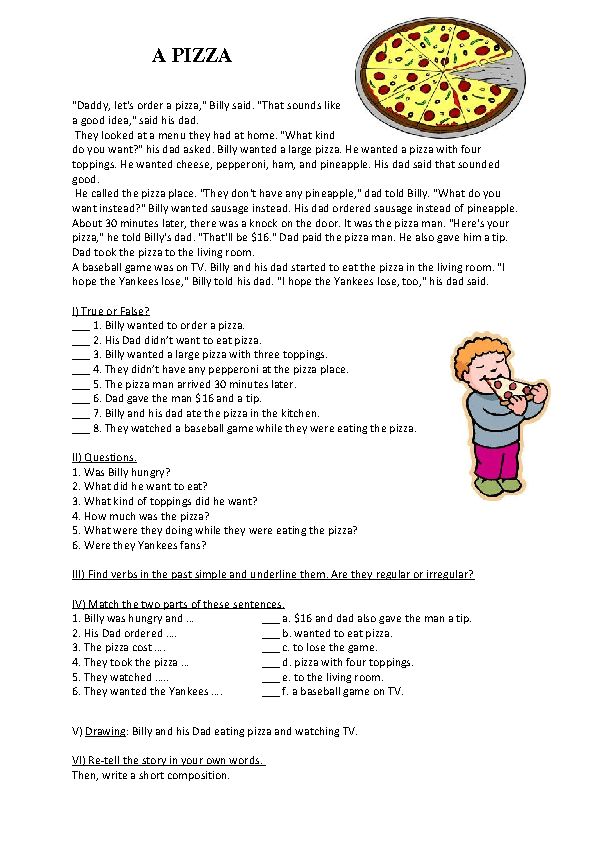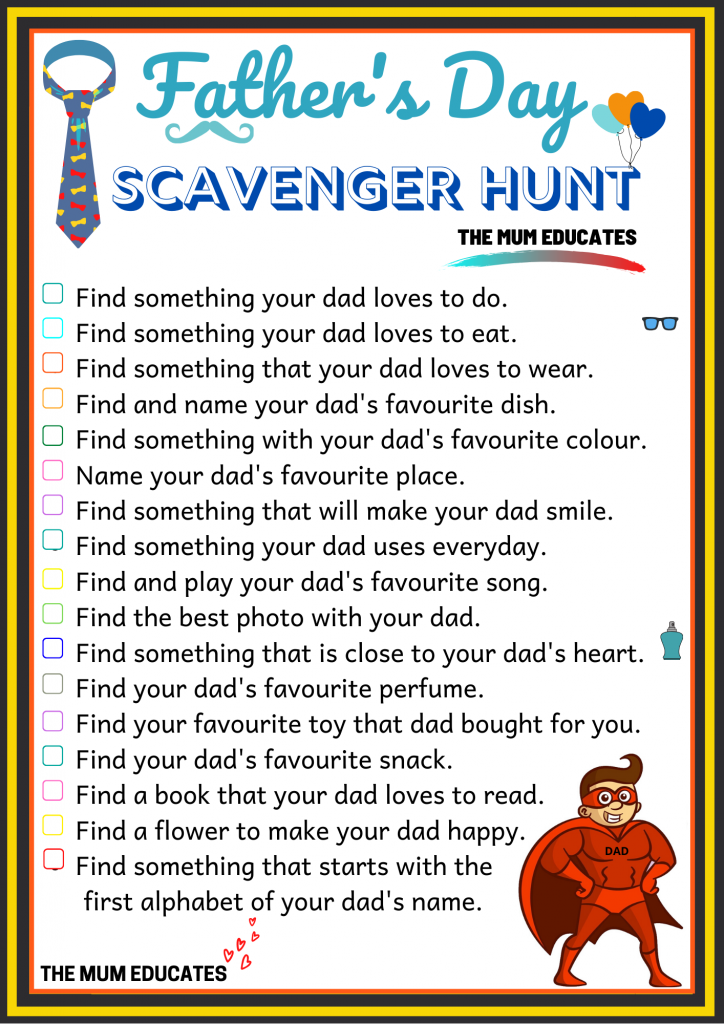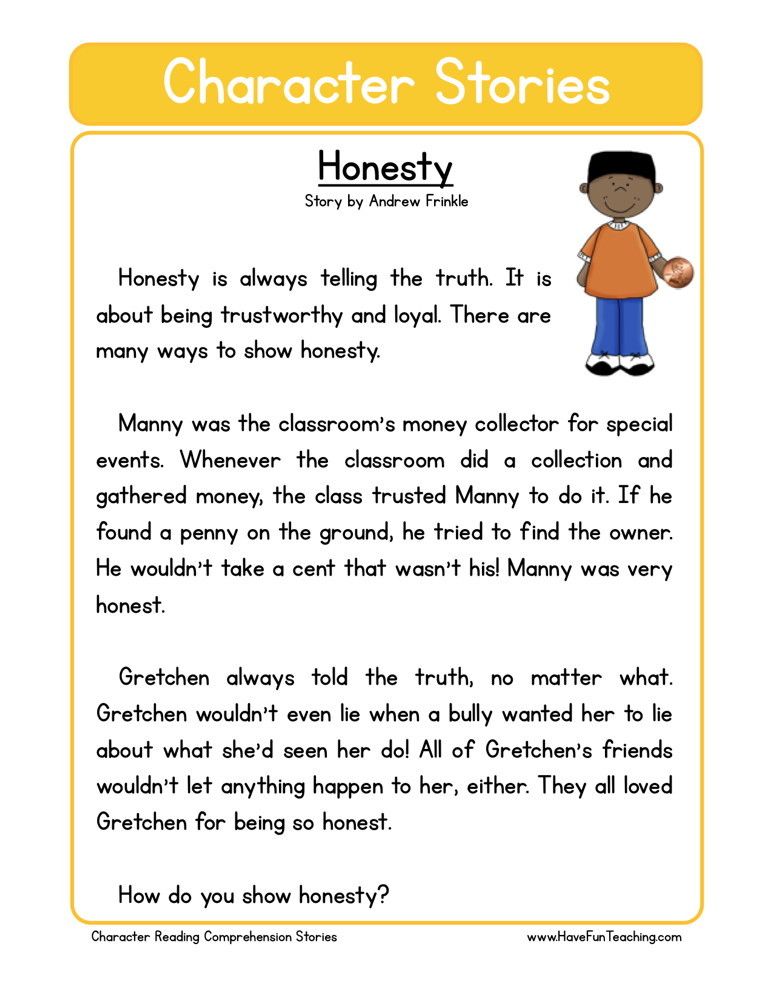The most simple
Correct Superlative (UK vs. US)
Using superlatives can be confusing. When do you use the word “most”? When do you tack on ‘-est’ at the end of a word? This article discusses the correctness of “simplest” and “most simple”.
Simplest or Most Simple?
Both “simplest” and “most simple” can be considered correct. However, “simplest” is more grammatically correct than “most simple” because of the nature of the root adjective “simple”. Under the rules of grammar, ‘-st’ is added to words that end in the letter ‘e’.
In casual everyday conversation, you can hear both “simplest” and “most simple” being used interchangeably with one another. Both of these are two ways to refer to the highest degree of being simple or the superlative of the word “simple”.
Under the rules of grammar, you can get the superlative form of words that have two syllables (like simple) by either adding the letters ‘est’ to the end of the word or adding the word “most” in front of it.
When the word ends in the letter ‘e’, as the word “simple” does, the rule is that you add the letters ‘st’ to the end of the word. Thus, “simple” in its superlative form is “simplest”.
Watch the video: Only 1 percent of ...
Please enable JavaScript
Watch the video: Only 1 percent of our visitors get these 3 grammar questions right...
Simplest
“Simplest” is the most grammatically correct way to refer to the superlative, or the highest degree, of being simple.
Because the word “simple” ends in the letter ‘e’, the rules of grammar state that you need to add the letters ‘-st’ to make the superlative form of the word.
As such, the most grammatically correct way to refer to the superlative of simple is “simplest”.
Below are examples of how to use the word “simplest” in a sentence:
- The simplest way to cook an egg, in my opinion, is to make a hard-boiled egg.
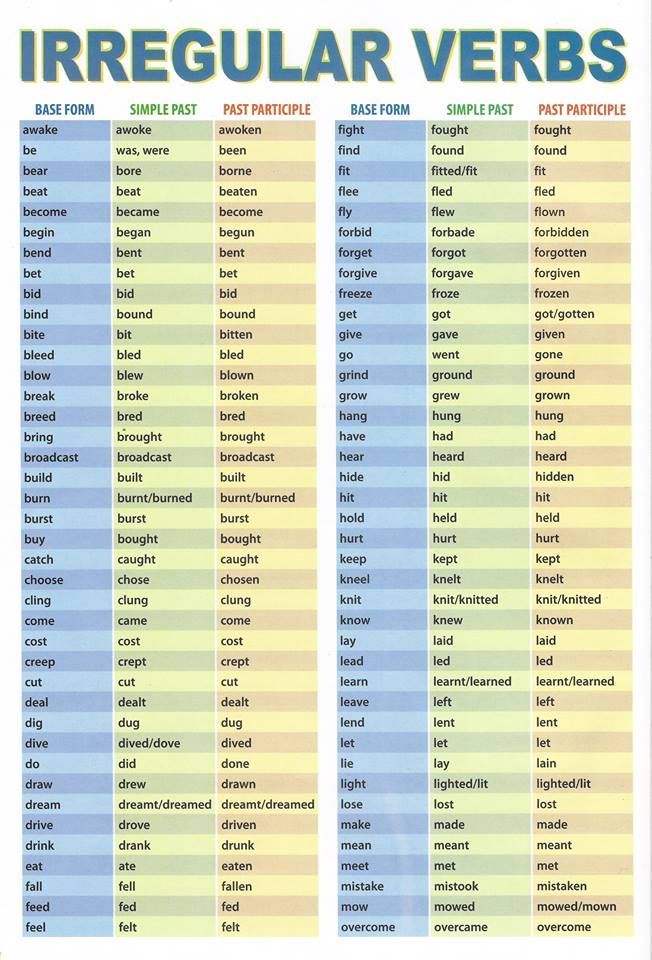
- I don’t know why he’s making it so hard for himself; that is definitely not the simplest way to do it.
- Don and Ervin work fast because they look for the simplest way to do their tasks.
- It boggles my mind how you forget the simplest of instructions.
Most Simple
“Most simple” is one of the ways to refer to the highest degree of being simple. While it is not the most grammatically correct way to refer to the superlative, the phrase is commonly used in everyday conversation.
“Most simple” is another way to refer to the superlative of “simple”, other than the word “simplest”. They can be used interchangeably with one another.
It is commonly used in everyday conversation despite “simplest” being the most grammatically correct way to refer to the highest degree of being simple.
Below are examples of how to use the phrase “most simple” in a sentence:
- Kyle forgets the most simple of instructions, sometimes.

- What is the most simple song I can learn on the guitar?
- Myra makes the most simple Christmas dinner I’ve ever seen, probably because she works on holidays.
- It is the most simple line in the play, I don’t understand why you can’t say it properly!
Simplest or Most Simple In the UK?
In the United Kingdom and other areas that use British English, “simplest” is more popularly used than “most simple”. This is based on data from Google Ngram Viewer, from books written in British English that were published between the years 1900-2019.
Google Ngram Viewer allows us to compare how often certain words and phrases are used in a wide range of books.
Based on data from books published between the years 1900-2019 that use British English, we can conclude that “simplest” is more commonly used than “most simple” in the United Kingdom.
It should be noted that the popularity of “most simple” is much less than that of “simplest”, which has remained constant from 1900 to 2019.
Simplest or Most Simple In the US?
According to Google Ngram Viewer, “simplest” is more commonly used than “most simple” in the United States and other areas where American English is used. This is based on data from books published between the years 1900-2019 that use American English.
We can use Google Ngram Viewer to compare how often certain words and phrases are used in a wide range of books.
“Simplest” is the most popularly used superlative form of “simple” in the United States, based on data from books published between the years 1900-2009 that were written in American English.
The phrase “most simple” has been used far less frequently than “simplest”.
You may also like: Simpler or More Simple: Correct Comparative (UK vs. US)
Simpler or More Simple: Which One Is Correct?
When people speak in English, people don’t always use perfect grammar. This is true whether you’re a native English speaker or someone learning the language for the first time. Many common “words” enter conversations that aren’t technically words at all. As a result, people get confused over which words are correct and which ones are completely wrong. One common example is the simpler or more simple debate. So, which is correct? Is it simpler or more simple? Read on to find out!
Many common “words” enter conversations that aren’t technically words at all. As a result, people get confused over which words are correct and which ones are completely wrong. One common example is the simpler or more simple debate. So, which is correct? Is it simpler or more simple? Read on to find out!
Is simpler a word?
If you study English, you probably know that “more” and “simple” are both words. So, it stands to reason that “more simple” would be the best way to make a comparative statement, right? Wrong! In fact, while you will almost certainly hear both “simpler” and “more simple” in English conversations, simpler is the correct form. Therefore, not only is simpler a word, but it’s also the correct word to use!
Using comparative adjectives
So, how do we know that simpler is the correct form? Because, as a general rule, comparative adjectives with two syllables or less require an -er at the end. Let’s look at a few different examples:
Let’s look at a few different examples:
One- and two-syllable words
- Simple – Simpler – Simplest
- He is living a simple lifestyle.
- He is living a simpler lifestyle than I am.
- He is living the simplest lifestyle possible.
- New – Newer – Newest
- She bought a new car.
- She bought a newer car.
- She bought the newest car on the market.
- Big – Bigger – Biggest
- This is a big dog.
- This dog is bigger than the other one.
- This is the biggest dog I’ve ever seen.
- Happy – Happier – Happiest
- My professor is a happy person.
- My professor is happier than I am today.
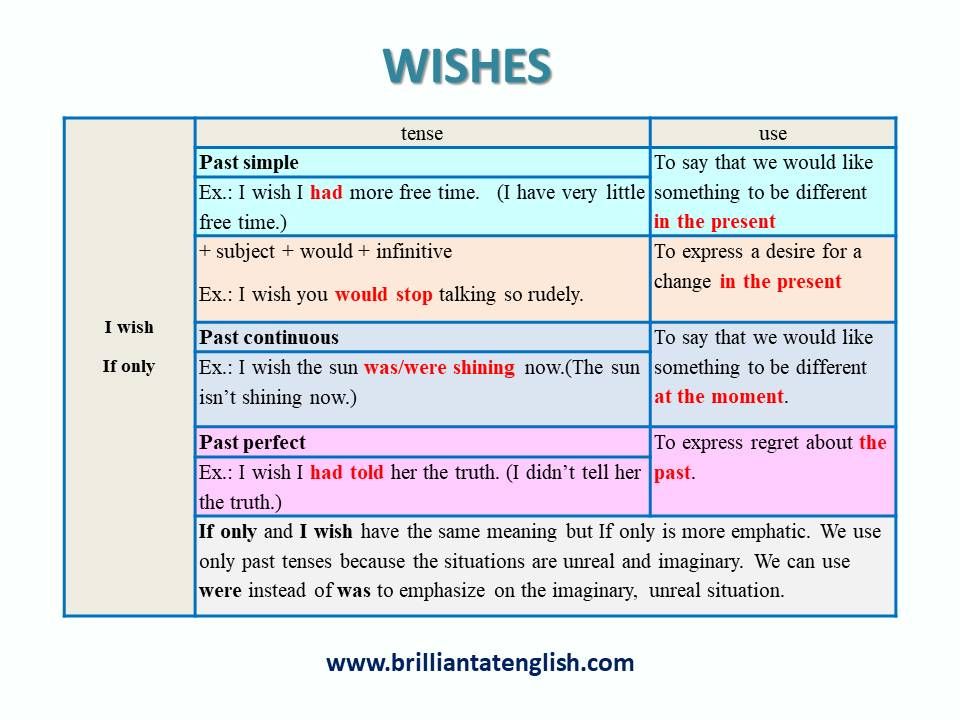
- My professor is the happiest person I know.
Three-syllables or more
Alternatively, if an adjective has three or more syllables, you will generally add “more” or “most” before the word to use it in a comparative statement or question. For example:
- Expensive – More expensive – Most expensive
- I found an expensive watch.
- I found a more expensive watch at the mall.
- I found the most expensive watch in the store.
- Intelligent – More intelligent – Most intelligent
- She is an intelligent student.
- She is more intelligent than the other students.
- She is the most intelligent student in the school.
- Frightening – More frightening – Most frightening
- It was a frightening movie.
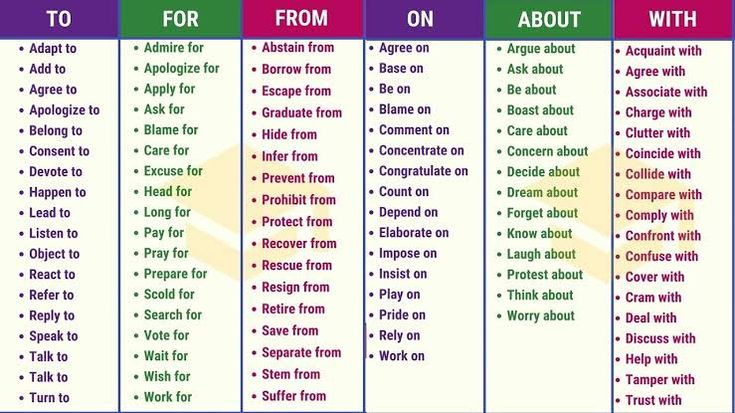
- The movie was more frightening than she expected.
- It was the most frightening movie she had ever seen.
- It was a frightening movie.
- Confident – More confident – Most confident
- He is feeling confident today.
- He is feeling more confident today.
- This is the most confident that he has ever felt.
Exceptions to the rule
While the two-syllable rule applies when choosing between more simple or simpler, it doesn’t apply with every two-syllable adjective. In fact, there are dozens of exceptions. In many cases, two-syllable words that don’t end in -y use “more” and “most” in the comparative form (though not always). For example:
- Honest – More honest – Most famous
- She was honest about the accident.
- She was more honest about the accident.
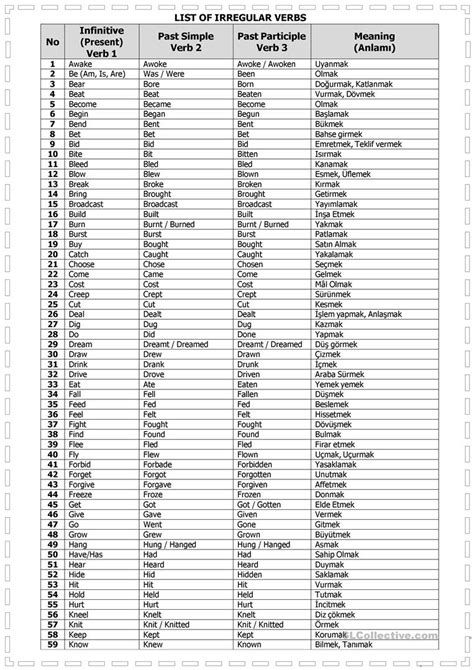
- She was the most honest about the accident.
- Famous – More famous – Most famous
- The famous actor won the Oscar.
- The more famous actor won the Oscar.
- The most famous actor won the Oscar.
- Careful – More careful – Most careful
- You need to be careful.
- You need to be more careful.
- You need to be the most careful person here.
- Common – More common – Most common
- She has a common last name.
- She has a more common last name than her friend.
- She has the most common last name in the world.
Why people still use “more simple”
As you can see, the rules surrounding comparative adjectives can get pretty confusing.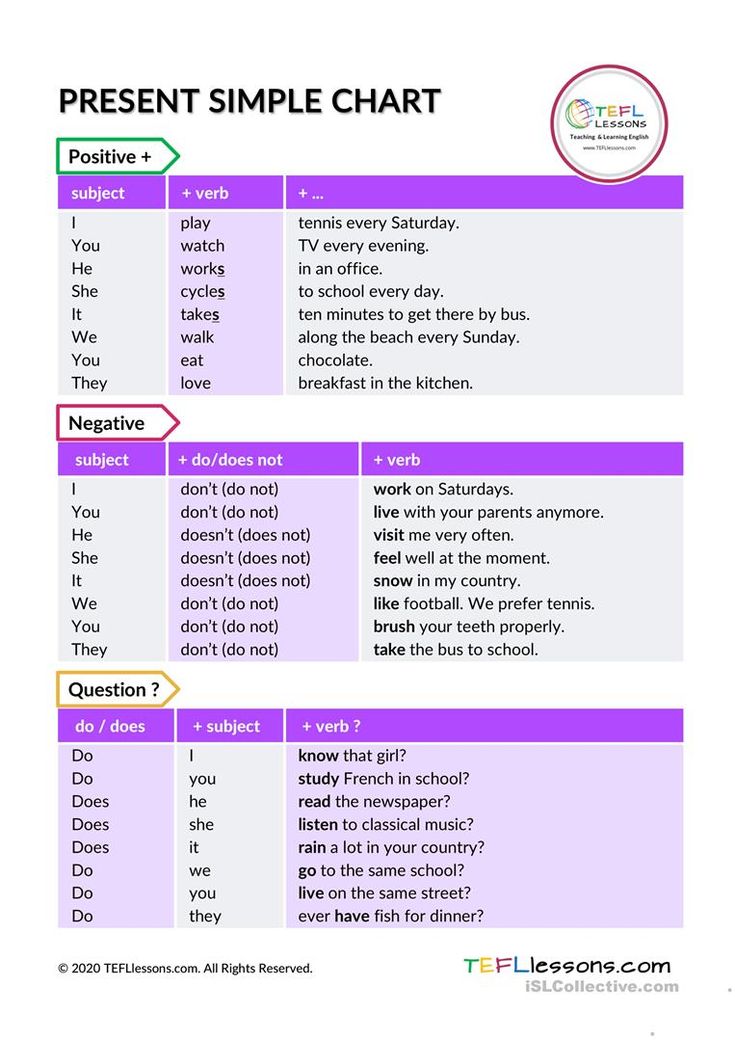 This is why so many people don’t know if they should use simpler or more simple in English! However, to add an extra layer of complexity to it, the Oxford Dictionary lists “more simple” as an acceptable alternative to simpler. What does this mean? It means that, while “simpler” is considered the correct and most common comparative form of the word, “more simple” can still be used.
This is why so many people don’t know if they should use simpler or more simple in English! However, to add an extra layer of complexity to it, the Oxford Dictionary lists “more simple” as an acceptable alternative to simpler. What does this mean? It means that, while “simpler” is considered the correct and most common comparative form of the word, “more simple” can still be used.
Since you technically have the option to use both, let’s look at a few examples to see how the phrases differ:
- I want to live a simpler life. / I want to live a more simple life.
- The test was much simpler than he anticipated. / The test was much more simple than he anticipated.
- She wanted to buy a simpler phone. / She wanted to buy a more simple phone.
- My grandparents lived in a simpler time. / My grandparents lived in a more simple time.
While both versions of these statements say the same thing, “simpler” allows you to say what you want to say more quickly. It has one less syllable than “more simple,” which makes it sound more natural. So, while you can use both (especially in casual conversations), it’s usually best to get straight to the point and use fewer words!
It has one less syllable than “more simple,” which makes it sound more natural. So, while you can use both (especially in casual conversations), it’s usually best to get straight to the point and use fewer words!
Conclusion
Though the grammar rules are a little vague, figuring out when to use simpler or more simple doesn’t have to be a pain. Just remember that “simpler” is recognized as the correct way to turn simple into a comparative statement or question. Moreover, it just sounds better and more natural.
However, don’t feel bad if you find yourself using “more simple” in conversation. People will still understand what you’re saying and, more than likely, they won’t even know if they should correct you or not! That said, if you need to make a comparison in formal writing (like an essay), you should always opt for the more correct form. So, when in doubt, just use “simpler.” It’s much simpler that way!
The easiest, 8054 step by step recipes - the easiest recipes with photos
Related searches
the easiest cake the easiest dinner the easiest cheesecake ever easiest chocolate cream tilapia fried the easiest recipe
-
grams of water • gr butter • gr flour • medium eggs • salt
- 1 hour
- 5-6 servings
Vladimir nine0003
-
Beets • sour cream • not spicy ketchup • salt
- 5 minutes (excluding beetroot cooking time)
- lot
Victor Marchenko
-
Egg • Peanut paste • Oatmeal
- 20 minutes
- 1-2 portions
Anastasia White nine0003
-
salted herring fillets (I have Matthias) • canned corn • apples (green) • red onion • mayonnaise
- 30-40 minutes
- 6 people
Alex Kull
-
Brisket • Garlic • Salt • Sweet paprika (can be smoked) • Pepper mix • Nutmeg • Soy sauce • Granulated garlic • nine0003
- 2 hours
- 1 portion
- Dnipro, Dnipropetrovsk region, Ukraine
Delicious, simple and affordable
-
eggs D-1 • cane sugar • salt • refined sunflower oil • wheat flour • baking powder • vanilla sugar • apples •
- about an hour nine0011 6 servings
- Belarus
💞Lucia ☑️
Baton • Mayonnaise • Sprat sprat or pate • pickled cucumbers • Remains of caviar😊
Albina ✈
rice • st water • bell pepper 🫑 • cucumber (I have a long-fruited one) 🥒 • avocado 🥑 • tofu as desired • nori sheets • Salt or soy sauce to taste • nine0003
- 2 servings
Anna Ambassador
Dorado fish • Salt • Spices • Vegetable oil
- 35 min
Mari Gor
shortbread cookies • jar of yogurt • liquid jam
- 3 minutes nine0011 1 portion
Trusova Marina
Baton (sliced) • medium potatoes • Onion • Eggs • Salt / paprika / pepper • Rust. Oil
Oil
kuzya cook
Jazhangmen noodles • thin sliced pork • egg • salt, pepper
- 15 minutes
- 1 portion
- Gimpo-si, Gyeonggi-do, South Korea
Margarita Pavlova
What would be so delicious to cook?
Finding the best recipes the easiest
Dough: • ● 150 softened margarine, • ● 230 sour cream, • ● 2 cups flour • Cream: • ● 1b. var. condensed milk, • ● 200 gr. drain. oils,
Anastasia
- wheat flour • - milk • - pressed yeast or 5 gr.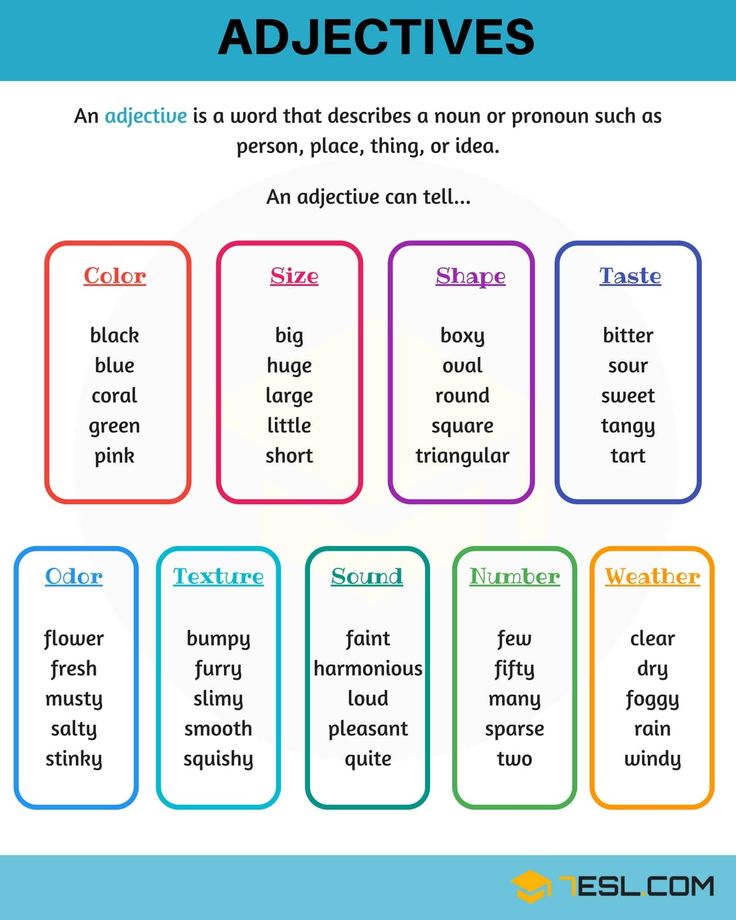 dry • - butter • - salt • - sugar
dry • - butter • - salt • - sugar
Alla Shvarova 💜 💛 💚
st milk • gr butter • tbsp flour • Garlic, salt and pepper to taste
Olga Faranosova🌳
Sugar • Flour • Eggs • Vanilla sugar • Baking powder • Apples
- 40 minutes
- 4 servings
Irina Karagulyan
room temperature butter (or margarine) • powdered sugar • yolk (white for brushing) • vanillin • baking powder • flour • any nuts for sprinkling • peanut paste • nine0003
Nadya Ovchinnikova
large fleshy sweet tomatoes • small onion (white lettuce or red onion) • basil leaves • Unrefined odorous oil • Salt
Irina
potatoes • bulb • flour • C1 eggs • Salt pepper • breadcrumbs
- Orenburg, Orenburg region, Russia
Lazy ladle 🇬🇧
hard boiled egg (60 g) • green apple (without center 100 g) • mayonnaise • Lemon juice • Pepper
- 5 min
- 1 portion
- Russia
meza
Help us improve search results
The easiest recipe for charlotte recipe - French cuisine: Pastries and desserts.
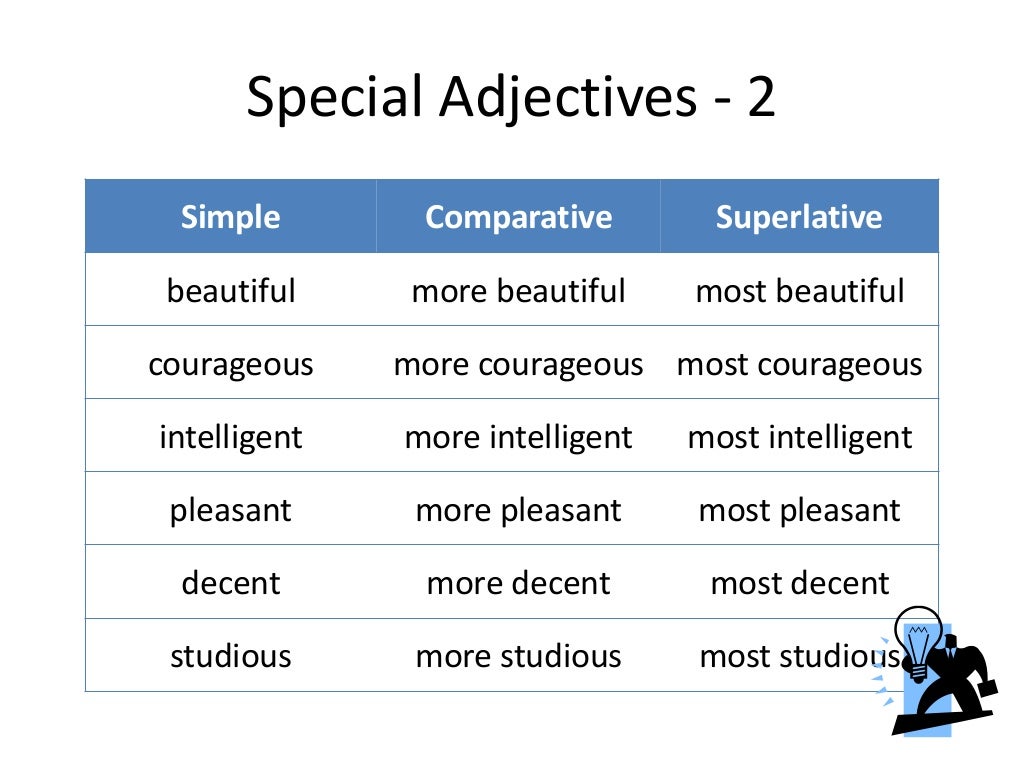 "Food" The easiest recipe for charlotte recipe - French cuisine: Pastries and desserts. "Food"
"Food" The easiest recipe for charlotte recipe - French cuisine: Pastries and desserts. "Food" Garden of food Golden thousand
- Recipes
- magazine "Food" (149)
- School "food"
- Authors 9000 9000 9000 9000 9000 9000. recipe book
Turn on the ingredients
Exclude ingredients
Popular ingredients
Recipe type
Tested "Food"
Stock recipes
Videraul
recipes with history
Author:
Rinata GIBETDINOV 1COOK:
45 minutes
45 minutes
Recipe author
Author: Rinata Gibatdinova1 recipe
Energy value per serving
calorie content
Squirrels
Fat
Carbohydrates
2212
54
53
373
kcal
grams
grams
9000 903 000 903 * calorie.
portions
1
Chicken egg
5 pieces
Sugar
1 cup
Wheat flour
1 cup
Apple
3 pieces
butter
20 g
Preparation Instructions
45 minutes
1V a deep bowl break the eggs and beat them into a lush foam using a corolla or a mixer.
ToolMixer
2 Gradually add the sugar and continue beating the mixture until it is completely dissolved.
3Add flour and continue beating until the dough has the consistency of thick sour cream. nine0003
4 Peel the washed apples and remove the core. Cut the fruit.
ToolChef's knife
5Mix the dough with the apples.
6 Lubricate the form in which the charlotte will be prepared with butter and pour the dough into it.